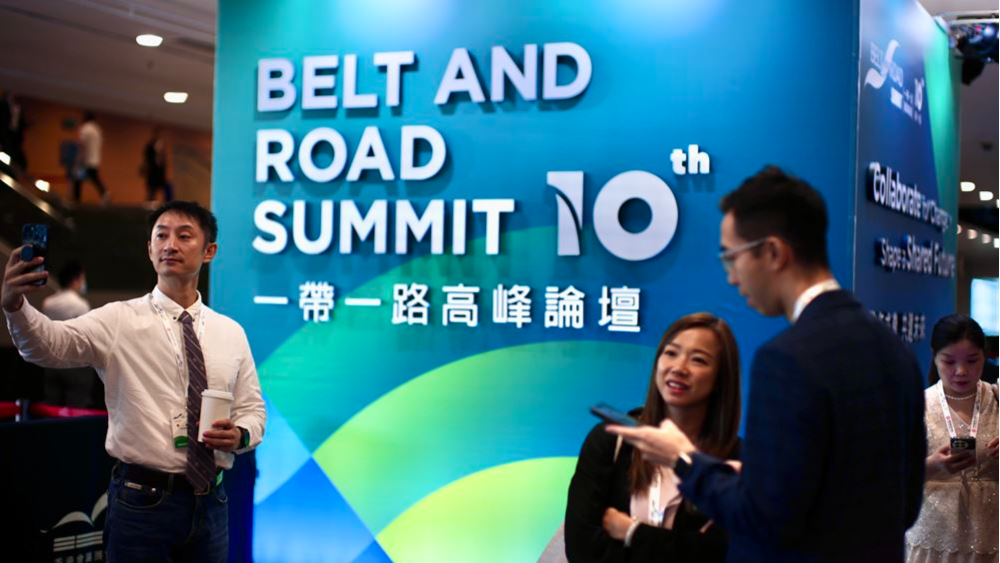
Building partnerships and collaboration will be key to leveraging the opportunities presented by the Belt and Road Initiative (BRI) in the coming decade, a forum heard in Hong Kong on Sept 11.
During a “Special Address Session” on the second and final day of the 10th Belt and Road Summit, participants spoke about the transformative effects of the China-led infrastructure program and the way forward for governments and businesses in the region to seize more developmental opportunities.
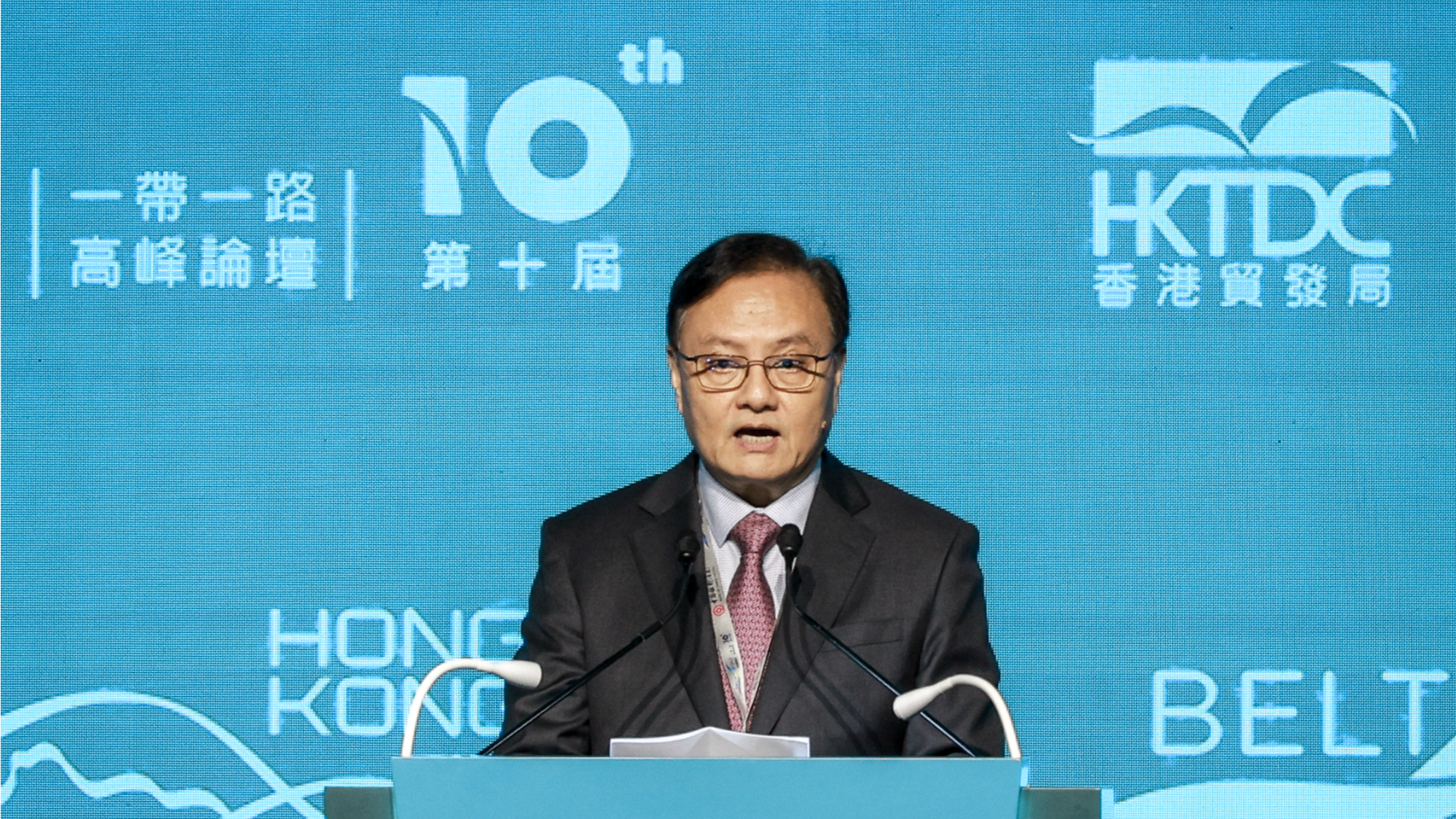
Lao Minister of Finance Santiphap Phomvihane, who was one of the three speakers during the session, highlighted BRI's success in transforming infrastructure, reducing trade costs, and helping increase participant countries’ bilateral trade with China.
READ MORE: ASEAN offers new investment prospect
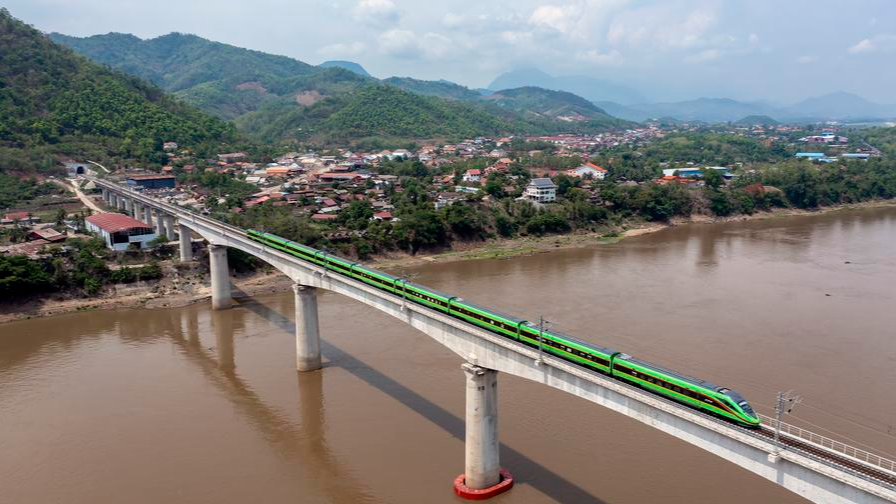
Belt and Road projects have significantly transformed the region, offering opportunities to overcome geological challenges, he said. One typical example, he said, is the landmark China-Laos Railway, which has transported over 60 million metric tons of freight, and diversified the range of goods carried from 500 types to over 3,000, since its launch in 2021.
Last year, Laos and China achieved a significant milestone in trade, as it reached $8.23 billion, marking a 15.91 percent increase compared to 2023.
The Laos official emphasized the tangible impact of the BRI “on the lives of ordinary people”, “delivering meaningful change across multiple dimensions”. For instance, the China-Laos Railway has reduced travel time between the Lao capital, Vientiane, and Boten, on the Chinese border from 15 hours to approximately 4 hours.
The BRI has fostered people-to-people exchanges and mutual understanding, while creating significant employment and driving investment opportunities, he said.
Challenges remain such as competition, but it will be important to prioritize investments in sectors such as digital economy and renewable energy. Partnerships to promote sustainability are also crucial, the minister said, underlining the importance of collaboration and mutual respect.
BRI projects aim to “promote integration and productivity for a better future”, he said.
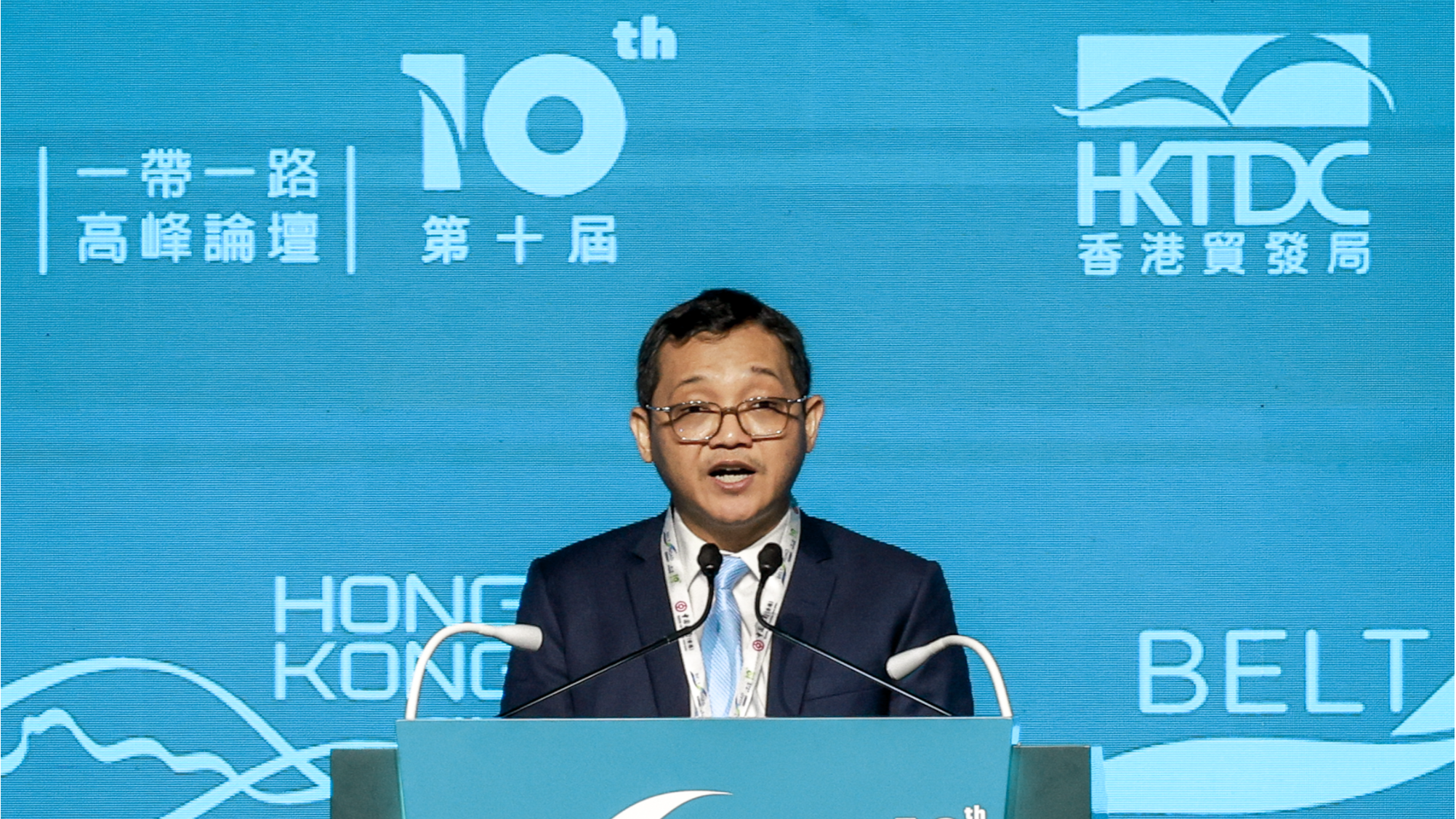
Ferry Irawan, Indonesia’s deputy minister for coordination of state-owned enterprises management and business development, said in his speech that the BRI has been emphasized as a vision for global collaboration and economic growth.
Indonesia remains optimistic despite global challenges, including geopolitical tensions. The nation’s economy saw robust growth of over 5.1 percent in the second quarter of 2025, driven by steady household consumption expansion of 5 percent and investments growth of 7 percent, he noted.
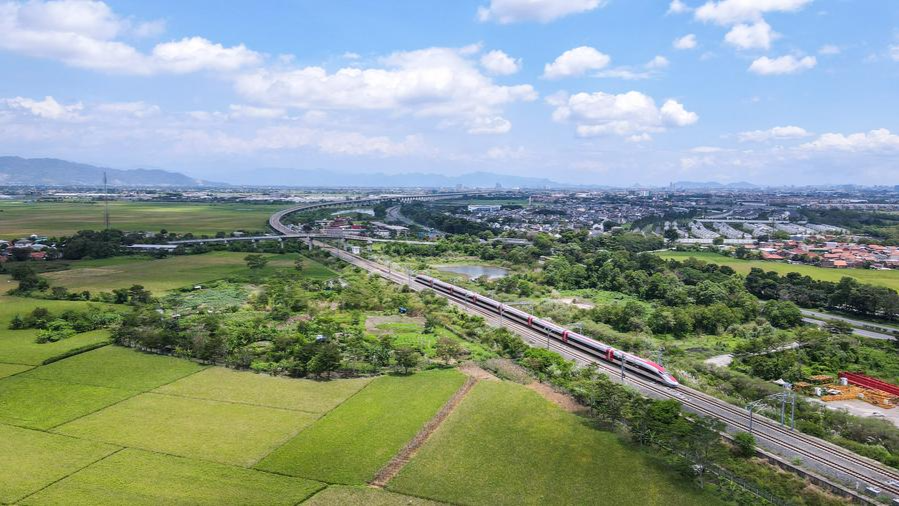
The Indonesian official noted that the Jakarta-Bandung High-Speed Railway, operational since October 2023, had transported over 10 million passengers by late June this year. The project serves as a major infrastructure project within China's BRI, which enhances regional connectivity and contributes to the sustainable growth of West Java.
Irawan called for deepening the partnerships, strengthening connectivity, and advancing inclusion and sustainability through projects such as the railway.
China’s investment and collaboration in Indonesia's development, particularly in its national housing project and various industrial estates, was also highlighted by the minister.
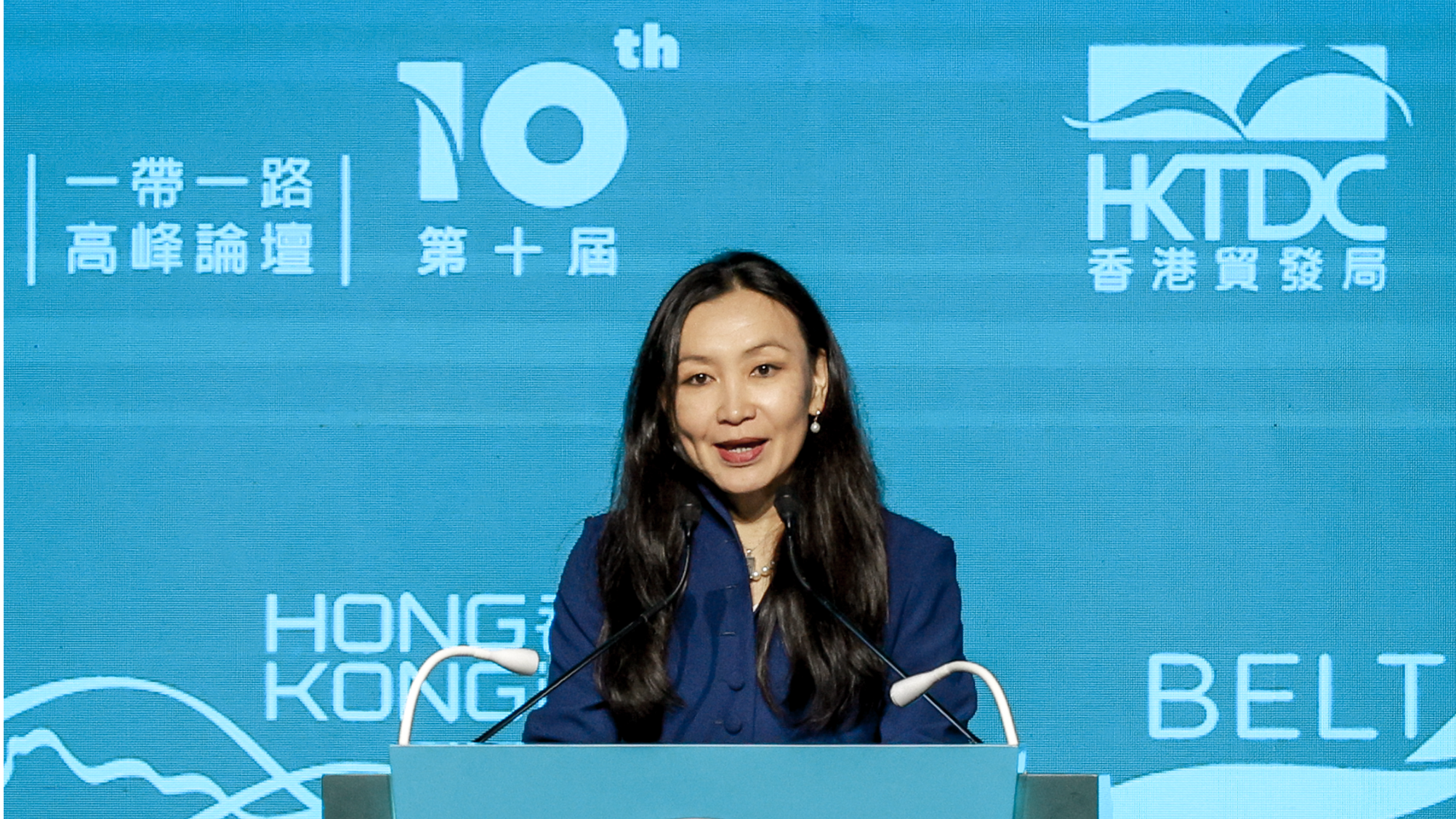
Neo Gim Huay, managing director and member of the managing board at the World Economic Forum (WEF), who was third speaker during the session, said, “While the Belt and Road is about connection and development, more importantly, it represents an inspiration and a vision of how societies and economies can come together to shape a more beautiful future for all.”
She shared three key points during her special address: building an enduring legacy, igniting the entrepreneurial spirit, and harnessing the power of role modelling.
The BRI evokes romance and curiosity about the past, she said, pointing to the historic Silk Road more than 2000 years ago, an extensive network of land and maritime routes between Asia and Europe, and which endured 1,500 years, influencing trade, cultures, and fostering the spread of ideas and religions.
Compared to the evolution of the Silk Road, the 10-year journey of the BRI feels like the first baby steps of a long and exciting endeavor, she said. “Key to the enduring success and prosperity of the Belt and Road initiative will be the ability to take an inter-generational view in laying a strong and solid foundation for the next 100 or even thousand years.”
She also said that the challenges that we face today are different from that of yesterday, and that the BRI can be a journey of continuous learning, evolution and growth.
Neo also said that the BRI holds immense potential for fostering entrepreneurship, in fields such as land, maritime, air and cyber connections, goods and services trade across borders, healthcare, tourism, education, finance, and people-to-people connections.
READ MORE: HK to strengthen bilateral economic relations with Cambodia
She particularly noted that the business community in Hong Kong is reputed to be one of the most entrepreneurial globally, with a ‘can do’, dynamic attitude, driven by a sense of community purpose and family pride.
Neo said the BRI is a bold vision, inspiring and empowering all to dare to dream the possibilities. Whether for government, business, academia, or as individuals, there are many ways to engage, contribute and create shared value, the WEF official said.
“In this process, it is by building partnerships, anchored in trust, respect and understanding for one another, that we can navigate new horizons of development and opportunity,” she added.
Contact the writer at vivienxu@chinadailyapac.com


